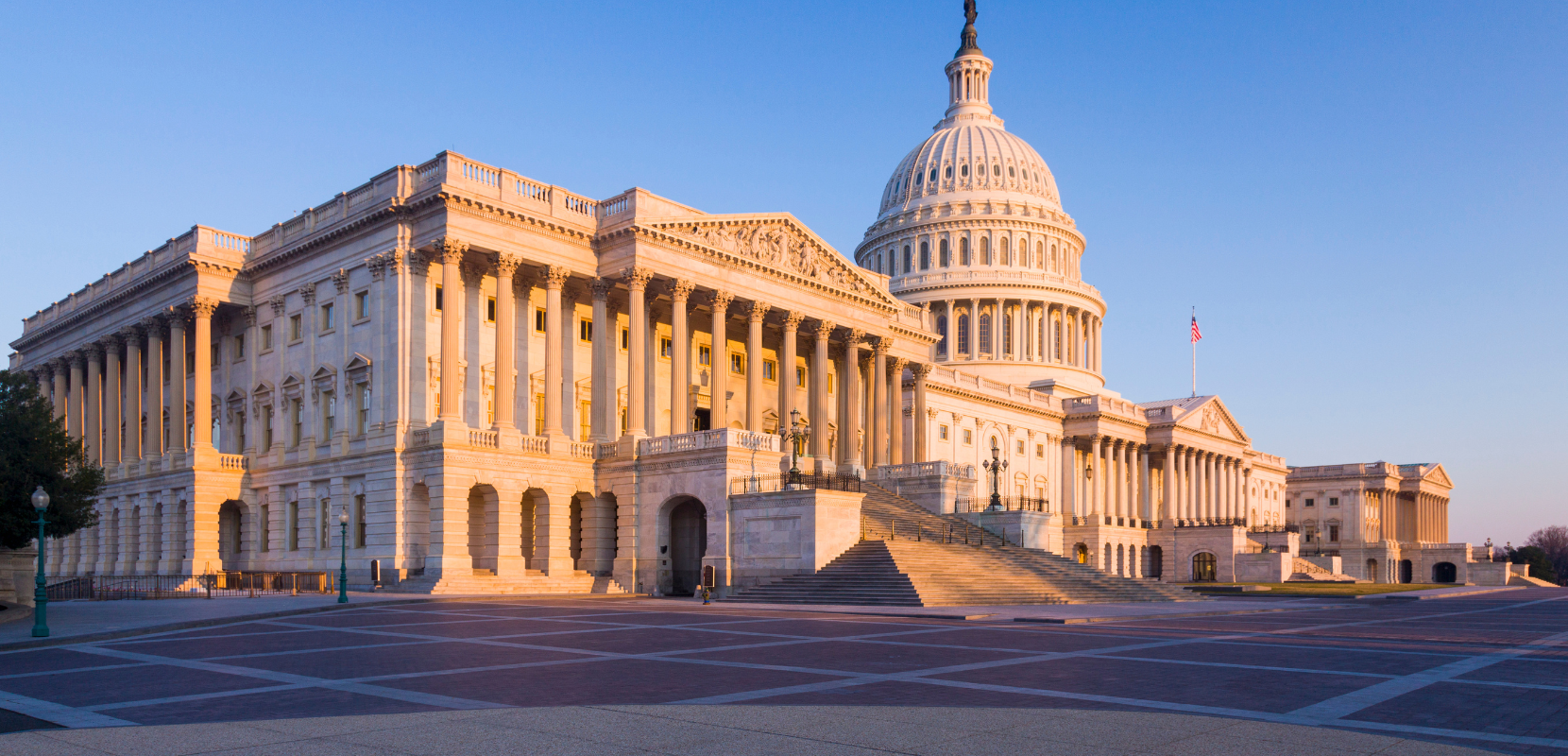The 118th Congress is in session with a host of new members and a slim majority that will affect how we advocate for the priorities of America’s cities, towns and villages. Democrats picked up one additional Senate seat to secure a majority while Republicans flipped 19 seats to secure a slim majority in the House. The new Congress includes 76 freshmen Representatives and eight freshmen Senators and offices are beginning their transitions to Washington, DC to round out their staff. While key committee assignments are still being finalized, local leaders should prioritize building strong relationships with their newly-elected Congressional members with early outreach.
In 2022, local governments saw the implementation of once-in-a-lifetime investments flowing directly to cities. This year, the House will balance their slim majority with policy and political challenges and the split between the chambers will mean an arduous path to find consensus between the House and Senate. Here are a few key things we expect Congress to focus on in 2023:
1. Raising the Debt Ceiling
The U.S. Treasury formally notified Congress the department would begin using “extraordinary measures” to pay the country’s bills. Congress will need to raise the nation’s borrowing limit or risk a default around the middle of the year.
House Republicans have signaled negotiations on spending concessions in exchange for increasing the debt limit. The White House has warned that it won’t negotiate on the debt ceiling.
Defaulting on the debt would have catastrophic consequences for municipal financing and livelihoods of residents. NLC will continue to update local leaders on ways this could affect local governments, the options on the table and ways to advocate for resolution.
2. Federal Budget Gridlock
The House majority is expected to push for steep spending cuts and the Senate majority’s likeliness to reject significant spending cuts, along with discord among Republicans over what to cut and by how much – will bring the spotlight to discretionary funds for the 2024 fiscal year budget. Additionally, we expect lower funding levels for transportation, education, housing, and social service programs that could hamstring short-term community projects.
3. Committee Hearings on Federal Legislative Packages
Committee investigations are also expected to be at the center of the House GOP’s agenda. Over the next couple of months, Congressional committees will hold hearings to examine how federal packages like the American Rescue Plan Act and the Bipartisan Infrastructure Law are being utilized.
What Does This Mean for Local Leaders?
Despite the expected gridlock in 2023, there is still hope for strategic legislative and regulatory wins that will impact the long-term approach that municipal governments take in supporting residents.
Once the congressional committee appointments are finalized by the end of this month, NLC will release its two-year federal advocacy action agenda representing the key priorities of local governments and how we can achieve them through federal levers.
For local leaders and their residents, this year is about responsibly implementing various federal program dollars, which includes considering how they will incur expenses for their remaining SLFRF ahead of the deadline and leveraging programs authorized by the Bipartisan Infrastructure Law and the Inflation Reduction Act, to best serve their communities.
Local leaders must also continue to amplify the impact these federal funds have had (or is expected to have) on their communities and residents. Together, we can build partnerships and consensus in Washington.
Stay up to date with the latest analysis, action alerts and updates on federal issues affecting cities by signing up for NLC’s Federal Advocacy Newsletter and bring your voice to Washington, D.C. by registering for the Congressional City Conference in March.












